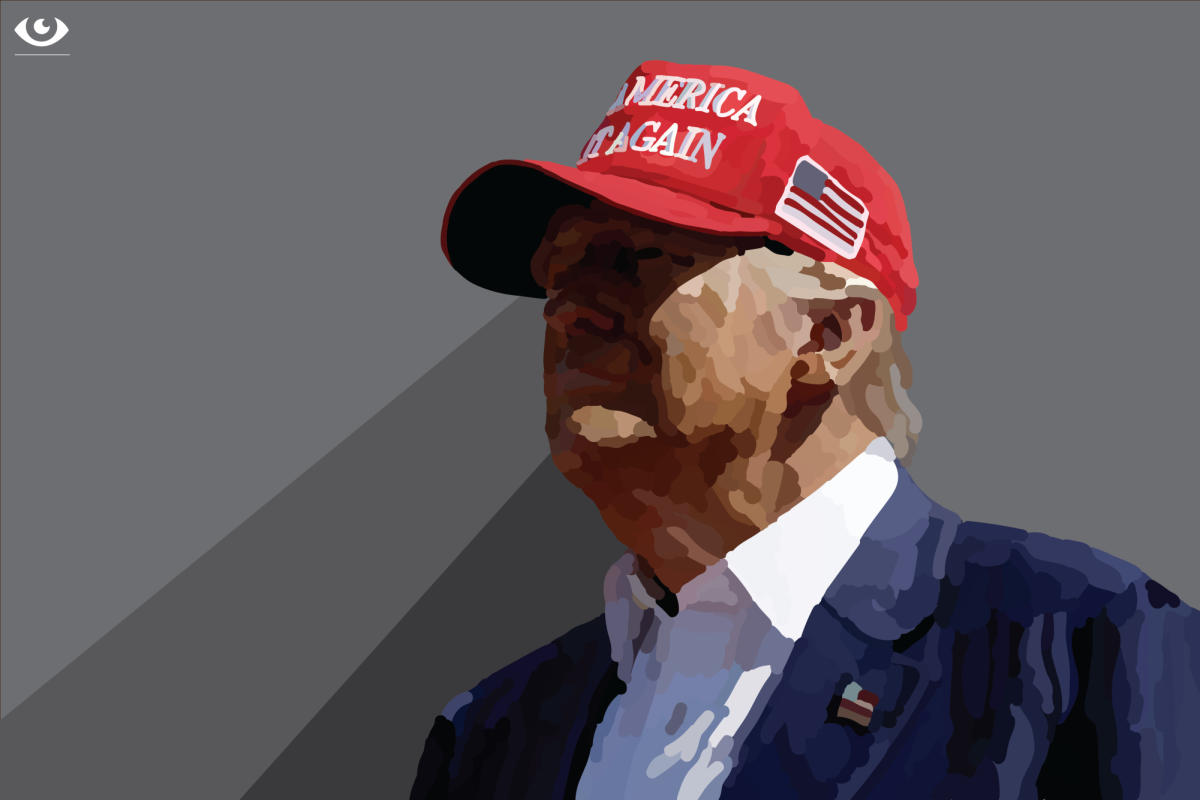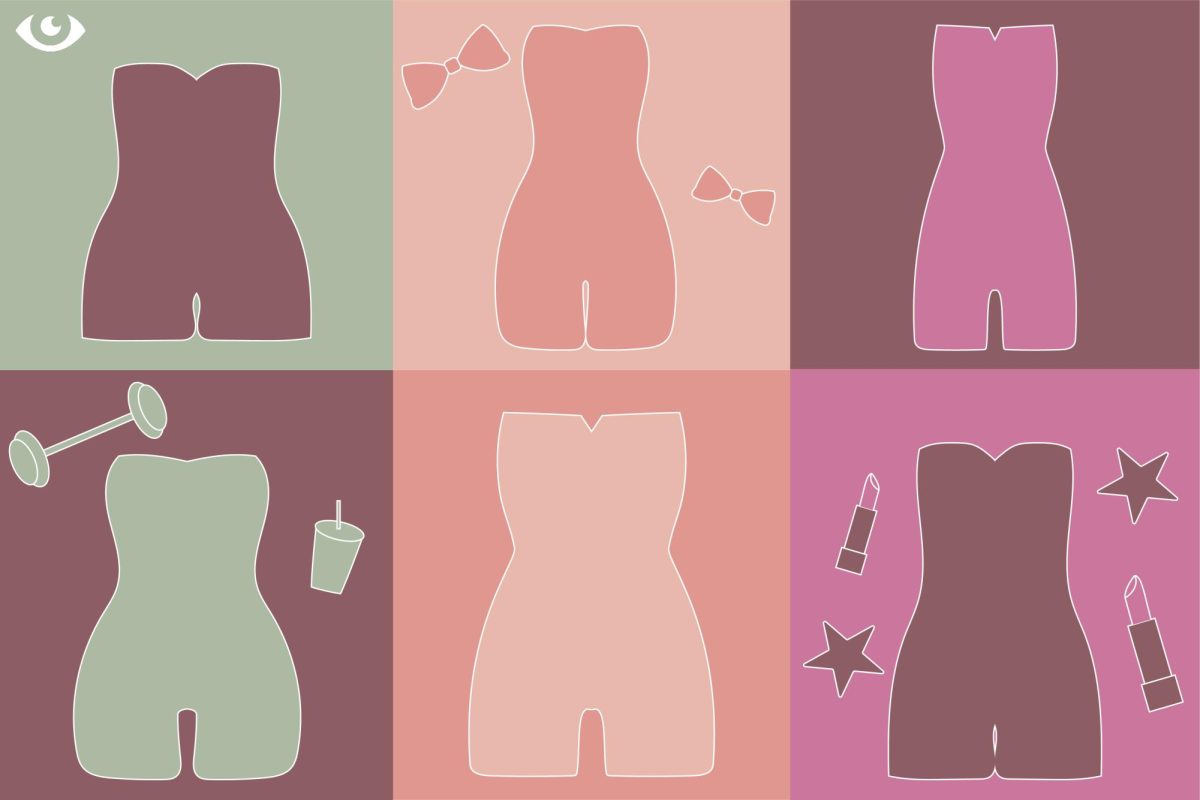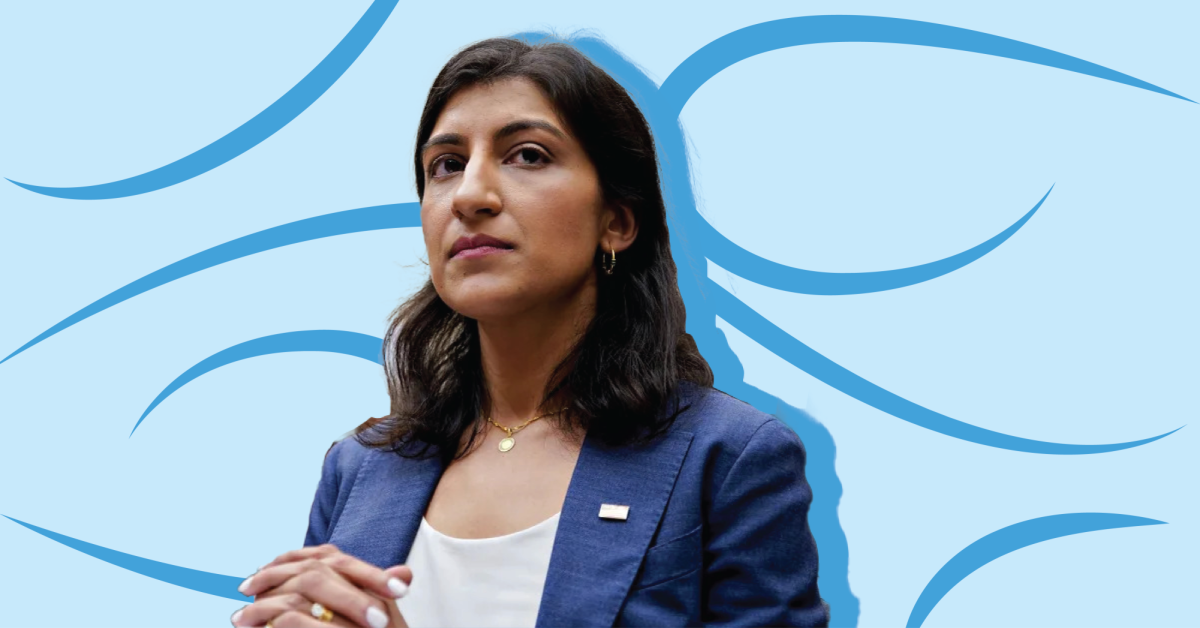It has been 10 years since I went to school with a backpack full of crayons and coloring pencils. Ten years since I carried my cartoon-themed lunch box into my first grade classroom. Ten years since the planes hit.
There is something unique about being a part of the generation that experienced 9/11 as a very small child. It was our innocence that separated us; our lack of understanding that makes our memories distinctly different. We didn’t understand terrorists or their irrational ideologies.We couldn’t comprehend the philosophical motives behind such acts. We were just kids beginning to learn the basics of reading and writing. For us, it wasn’t a political message. It was just pure fear, confusion, and terror. We were America’s innocence and America was brutally raped that day.

Many of us tried to make sense of it, but we were used to situations playing out like children’s stories where there is a definite good, a definite evil, and a definite solution. This was no such story. If there was a good, it was hidden behind the terror and uncertainty. If there was a definite solution, no one knew it.
Curled up at the top of the stairs, my suffocated teddy bear in one arm, I overheard my parents talk that confusing night.
“This is bad. Who knows what could happen? Who knows if this is just one of many attacks? What if this is a start of a world war? How will we tell the kids?” my dad said with a never-before-heard shakiness to his voice.
It was then that 9/11 hit me. My very own parents, the invincible duo of strength and knowledge, confessed they had no idea what was going to happen. It was the only time in my life where my parents couldn’t complete the bedtime story; they had no answer—they were as scared as me.
Watch RedEye video interviews with students recalling their memory of the day.
During this confused, scared state, many grown-ups didn’t want to talk to us about it. My elementary teacher told our class the planes hit the World Trade Center by “accident.” They thought they could keep our innocence by lying or not explaining it. This method, however, did nothing but leave us more hurt when we found out the egregious truths. A few days after the attack, I walked into a room with the news on television and witnessed a woman jumping from the flame-engulfed World Trade Center. Immediately, I tried the same tactics of defense I had used when things like the boogie man scared me—closed my eyes and covered my ears—but it didn’t work. This fear was real.
Nine-eleven was our first taste of what people tend to call “the real world.” Before, our fears were all made up. The monster under the bed, the man in the shadows—none of them were real and so we could escape them by reminding ourselves of their intangibility.
Nine-eleven proved to be an excellent educator of darkness. It taught us death, it taught us fear, it taught us cruel reality. But that wasn’t all it taught. Nine-eleven eventually showed us some light.
In the ensuing months after 9/11, Americans united like they hadn’t since Pearl Harbor. American flags were flown above house tops, Democrats and Republicans joined forces, and there was an overall sense of unity. As small, impressionable children, this sent a strong message. We saw the ideal America: everyone working together for a common goal, everyone motivated, and everyone patriotic. There was no partisanship, no internal division. We truly were the “United States.”
Nine-eleven has affected every demographic of people differently. My generation experienced it at the youngest age possible to still remember it. Consequently, the memories have defined us. We’ve seen the horror. We now understand the motives, the specifics. As we transition to adulthood, I believe we will have learned from our elders’ mistakes. We saw the patriotic surge right after 9/11, but does our generation only want to see that unity after terrorist attacks or national disasters? Do we want to let our patriotism lead to politically rash or whimsical moves?
Terrorists will always be around, and it will soon be our generation’s time to handle them. In doing so, it’s important to remember what the terrorists of 9/11 taught us. Responding to them with uncontrolled, large-scale violence would be foolish; more people and children would be confused and horrified just like we were. Responding rationally, ethically, and with the consent of global communites, however, would isolate and expose the terrorists for who they really are: a minority of insane individuals whose ideologies cannot survive amidst the surrounding rational thought.
Respond with a greater brain, not a greater plane. That’s what my generation learned. Sounds almost like a children’s story.
Clayton Olash is a senior and copy editor for Manual RedEye.



